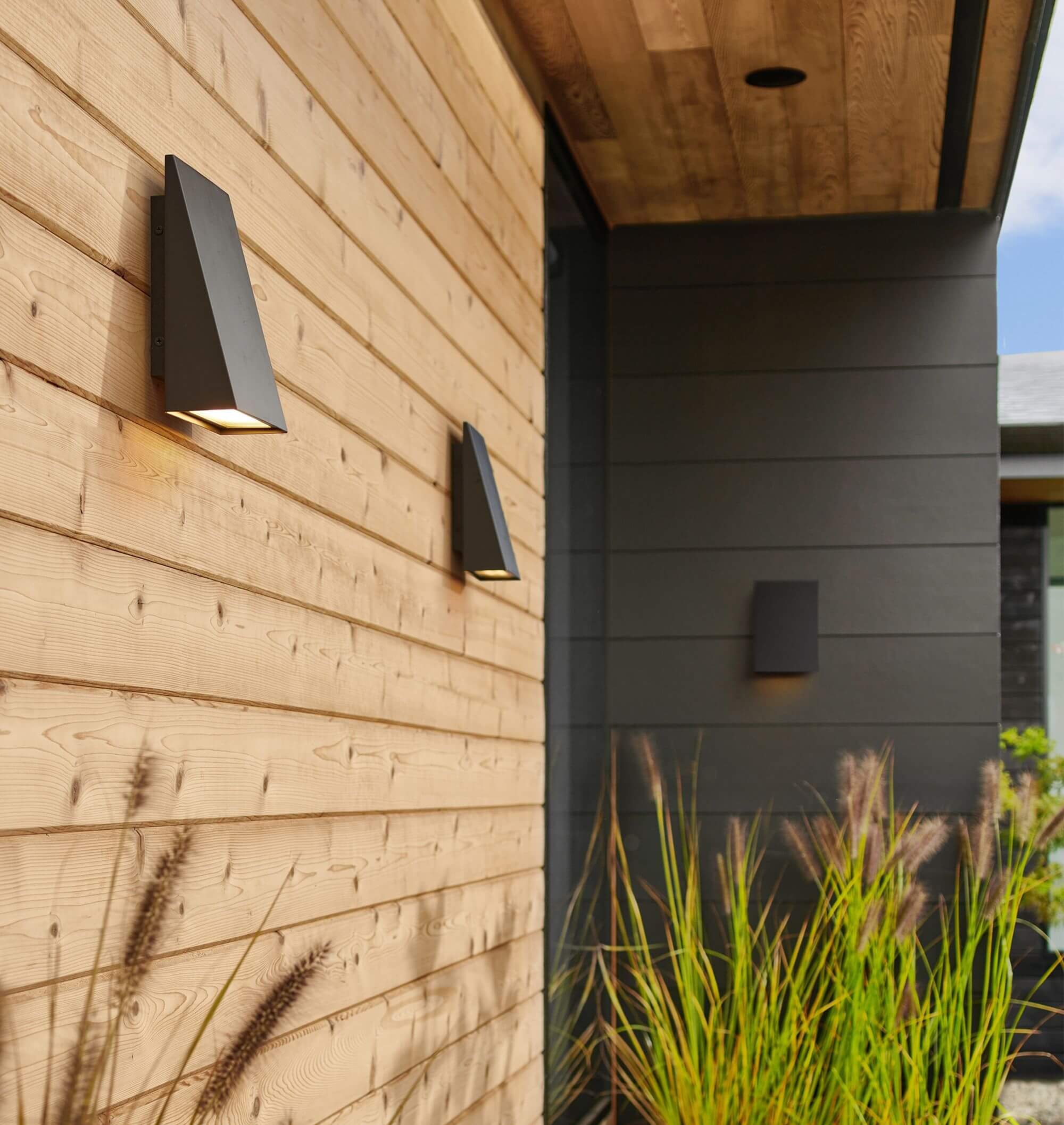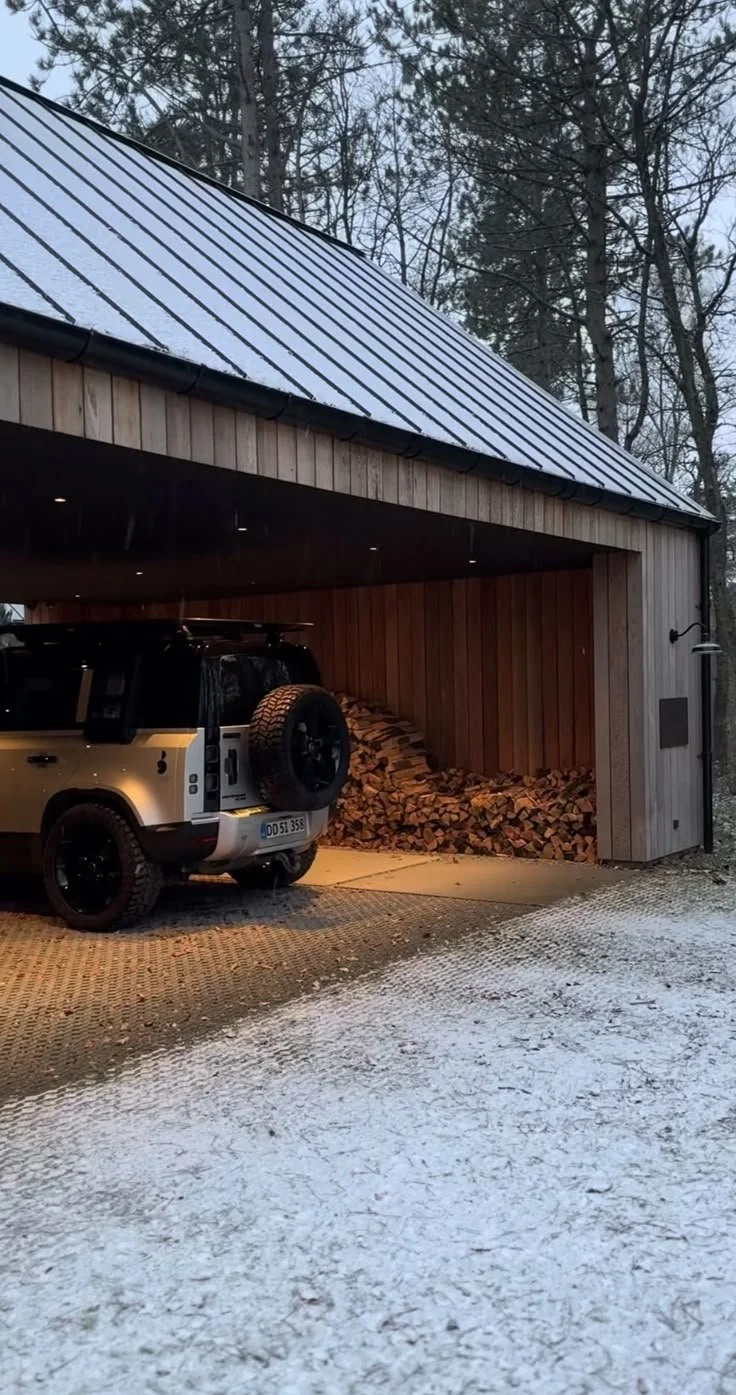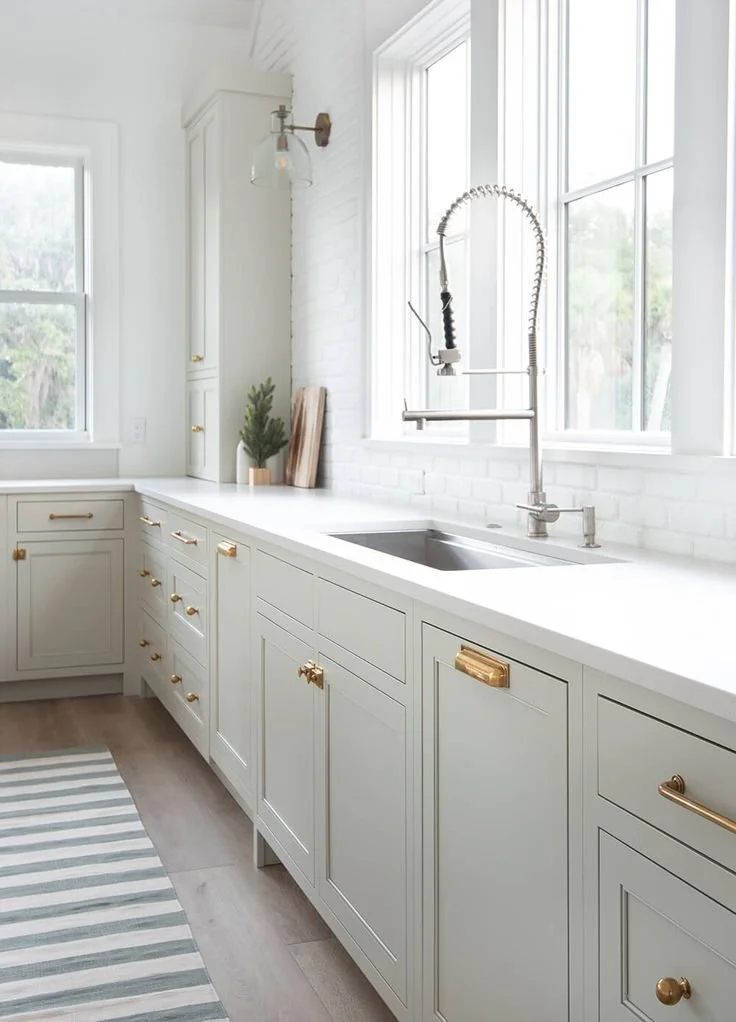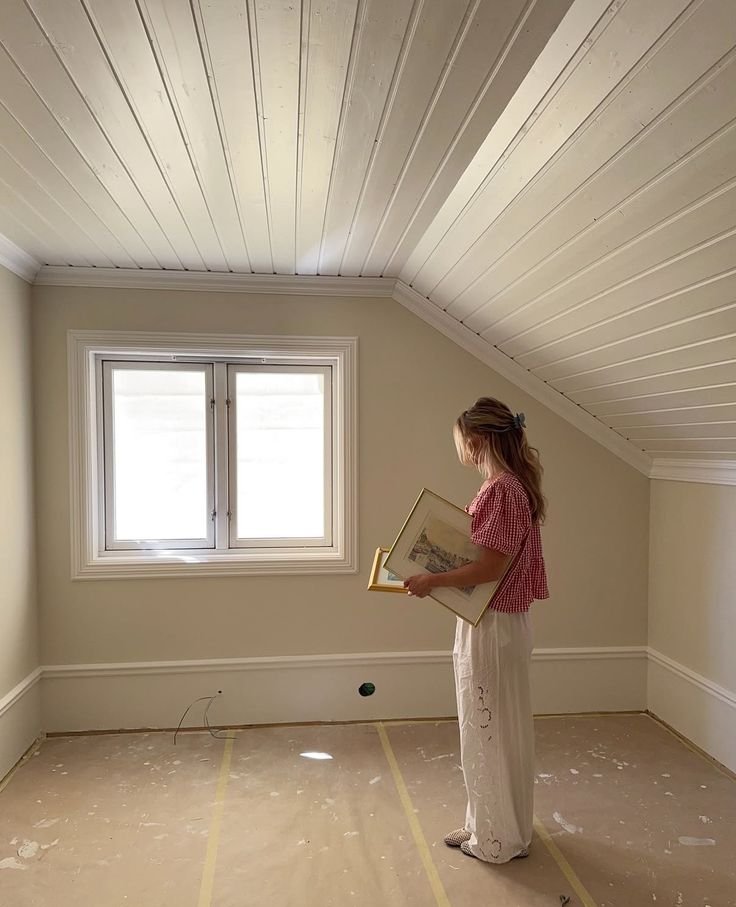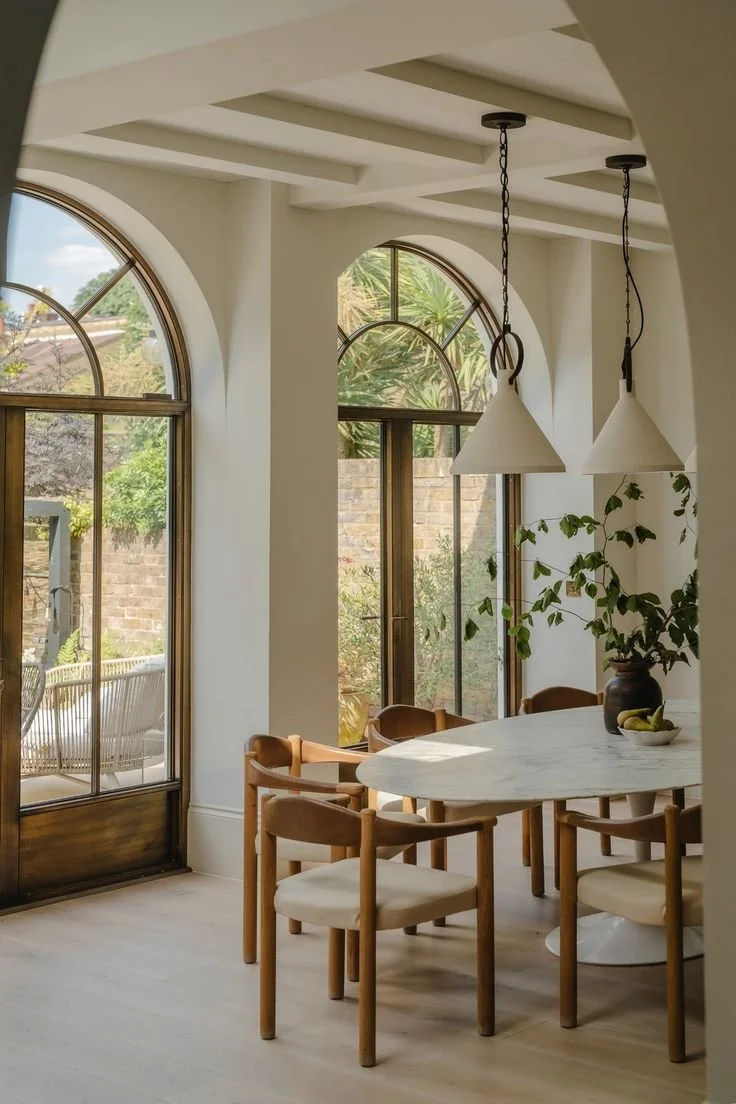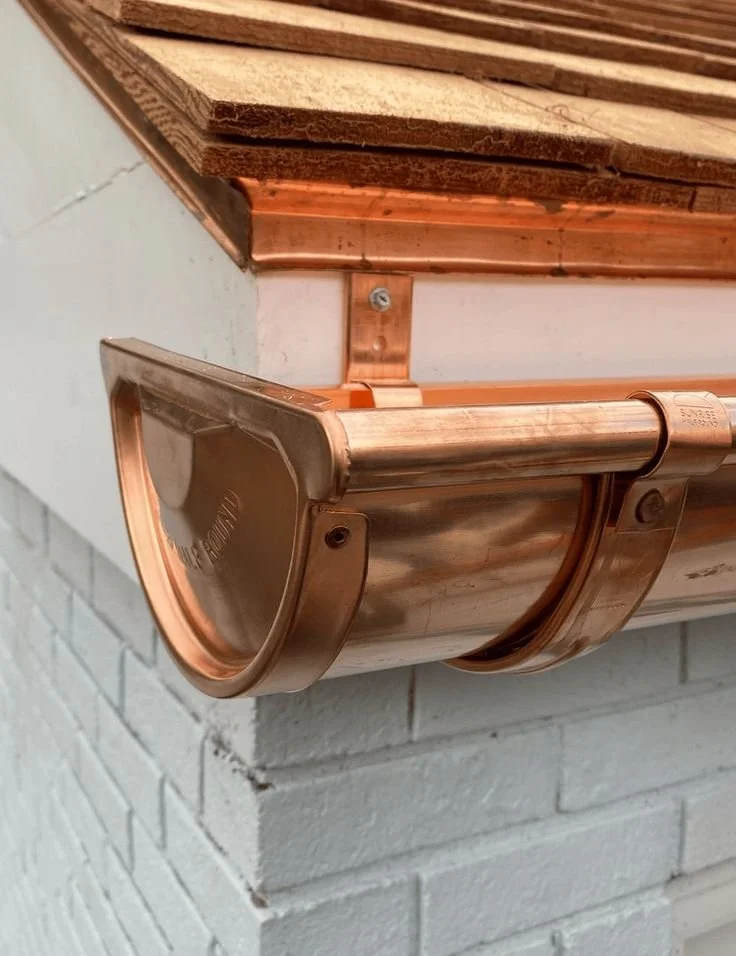When Is It Time For A Switchboard Upgrade?
The switchboard (or breaker panel) is the central hub connecting your home to the main electricity supply. Experts like Easther Electrical agree that this essential equipment directs power to all the circuits and appliances in the house. Upgrading an outdated electrical switchboard can provide much-needed improvements in safety, capacity, and reliability. In this article, we share signs it may be time for a switchboard upgrade.
What is a Switchboard?
First, let’s review what a switchboard is and does. The switchboard, commonly called a breaker box or service panel, is normally located in the basement, garage, or utility area.
This metal cabinet houses two key components:
Circuit breakers: Switches that regulate power to individual circuits and cut flow during overloads.
Busbar: Thick wires that deliver mains electricity into the breaker panel.
The switchboard is the central distribution point linking your home’s needs to the main power supply. An upgrade provides an opportunity to assess and enhance this connection.
Sign no. 1: Frequent Circuit Breaker Tripping
Circuit breakers trip as a safety mechanism when outlets or appliances in that circuit try to draw more power than the system can handle. This causes the breaker to “trip” or switch off.
If you find yourself constantly resetting tripped breakers for certain circuits, it likely indicates that the circuit is overloaded by additional electrical demands. Upgrading the switchboard provides extra capacity.
Sign no. 2: Not Enough Circuits for Devices
With most homes now containing far more wired devices than decades ago, inadequate circuit capacity is a common issue. If you’re constantly needing extension cords or power strips because available outlets are already overloaded, upgrading the switchboard can help by adding more dedicated circuits.
Sign no. 3: Buzzing Noises or Flickering Lights
An outdated switchboard may struggle to provide steady, reliable power to all your home’s lighting, electronics, and motors. Excessive voltage drops can cause buzzing from devices or flickering lights when multiple items run simultaneously. This points to an underpowered switchboard.
Breo Box
Discover new tech gadgets to recharge your lifestyle with Breo Box - a quarterly box full of vetted, useful tech & gadgets you’ll use ever day.
Sign no. 4: Old Fuse Box
If your home still has an antique fuse box made of porcelain or Bakelite materials instead of modern circuit breakers, safety issues make an upgrade urgent. Old fuse systems lack the capacity to meet today's power demands. Replacing it with a current breaker panel enhances protection.
Sign no. 5: Faulty or Corroded Components
Faulty internal contacts, corroded connectors, or damaged insulation expose users to dangerous arc flashes and electrocution risks. If your switchboard shows any cracked, corroded, pitted, or damaged components, discontinue use immediately and call an electrician to assess replacement options.
Sign no. 6: No Room for Expansion
Upgrades like air conditioning, added wiring circuits, or electric vehicle chargers require installing additional breakers. If your existing switchboard is full with no open slots, future expansions or improvements become impossible. A larger panel provides flexibility.
Sign no. 7: Age Over 40 Years
Even functioning vintage switchboards degrade over time. Industry experts recommend proactively replacing any electrical panel over 40 years old. Newer equipment incorporates safer designs and premium materials for enhanced longevity and performance.
Takeaways
While scary, upgrading an aging switchboard provides an opportunity to assess electrical needs, energy-efficiency, and customize a system offering ample, reliable power for modern lifestyles. Consult electricians to weigh replacement costs against improved safety, capacity, and peace of mind.
Looking For Home Resources?
Looking to enhance your living space and create a sanctuary that supports your well-being? Explore our home partners who offer a wide range of resources to elevate your home environment.
